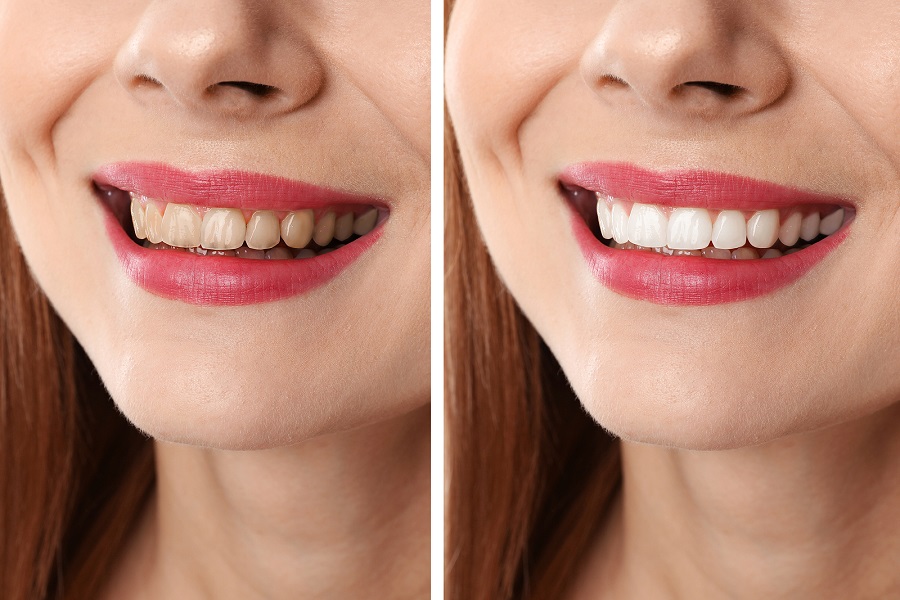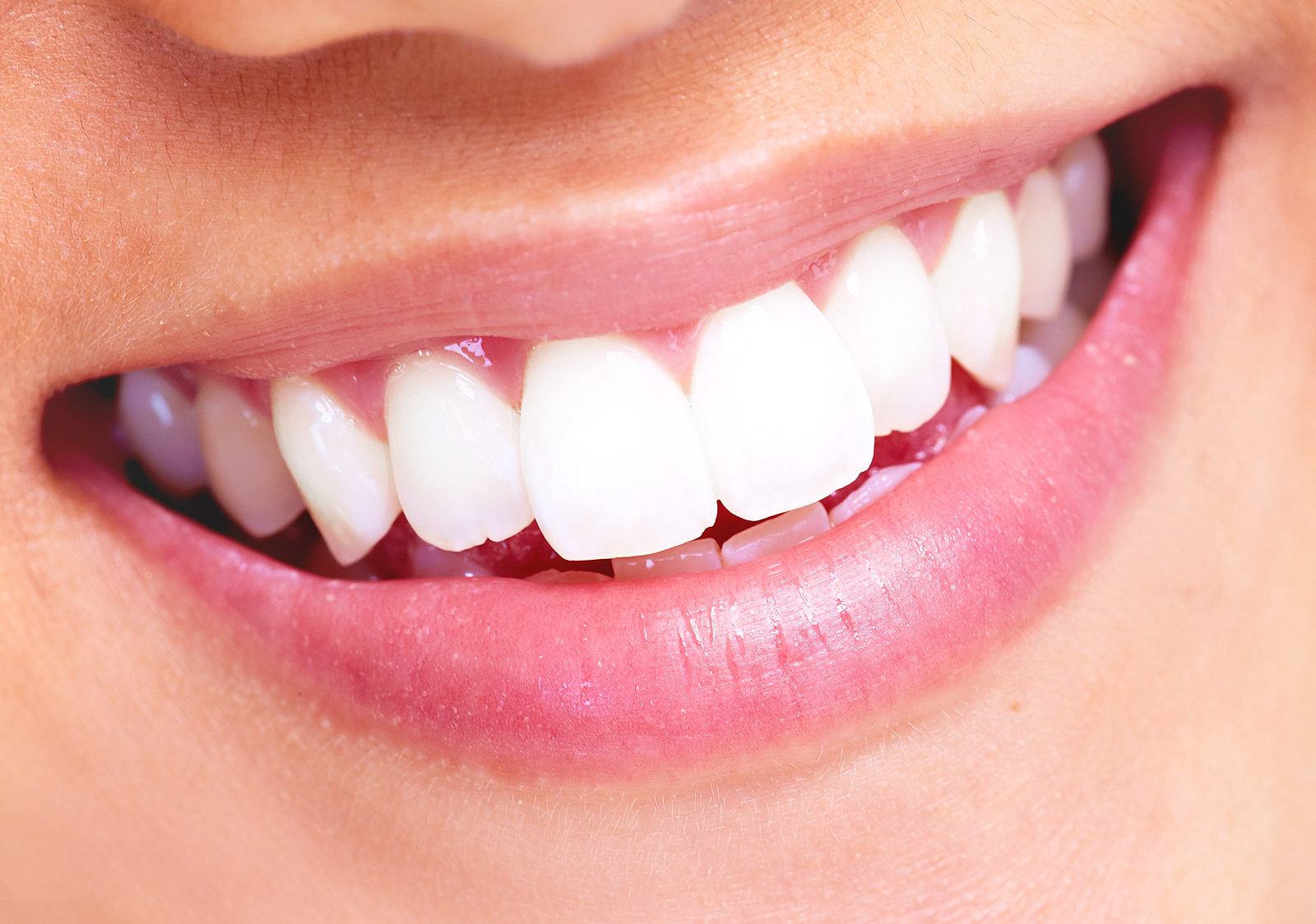FACTS ABOUT BAD BREATH
It is something we have all experienced from time to time, and it can be downright embarrassing in some situations. Bad breath is a condition that affects millions of people every year, and it is often caused by poor dental habits. Failure to brush, floss and use mouthwash on a regular basis leads to the development of bacteria in the mouth. These bacteria release potent chemicals that have a bad odor. However, there is a condition known as chronic bad breath that stems from a number of sources; halitosis (as it is called) can strike victims in one of two ways. Those that suffer from the transient type will typically have spurts of bad breath, while those who have persistent halitosis must constantly keep their mouth clean to prevent foul odor from being emitted. Although it may be embarrassing, it is also important to remember that bad breath is often indicative of worse problems. If left untreated, bacterial infections can occur that can potentially lead to gum disease and tooth decay. This is why it is imperative that you brush and floss every day, as well as use a mouth rinse daily. In addition, you should make it a habit to visit your dentist for routine check-ups twice a year. However, your dentist will likely recommend more frequent visits if you do indeed have halitosis. The good news is that chronic bad breath can be cured with regular treatment. It will be helpful to know what factors can trigger or enhance the condition, though, so here is some information concerning it.
All About Bad Breath
While eating certain foods and failing to clean your mouth will inevitably cause some odor, the chronic form of this medical condition is generally caused by other health problems such as diabetes, respiratory infections, as well as liver and kidney problems. People who smoke or drink are also more likely to develop halitosis, due to the toxins present in these substances. The side effects of some medications can also cause dry mouth; this in turn contributes to odor buildup due to the lack of saliva that is needed to lubricate and cleanse the inner lining of the mouth. The obvious symptom of halitosis is bad breath. Given that it is difficult for an individual to evaluate how smelly his or her own breath is, one may want to consider asking a friend or relative what they think. This will give the affected person a better idea of whether they should be giving their local dentist a call. Treatment options include sticking to a strict oral cleaning regime, as well as using specialized toothpaste that is made for people who suffer from halitosis. If the cause of the condition is a bacterial infection or disease, a doctor may need to perform surgery.






















0 comments